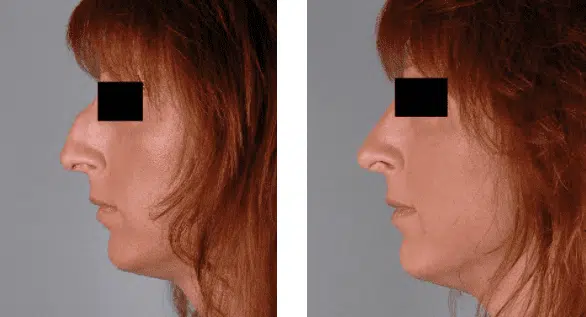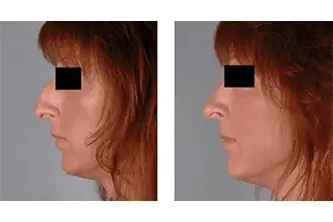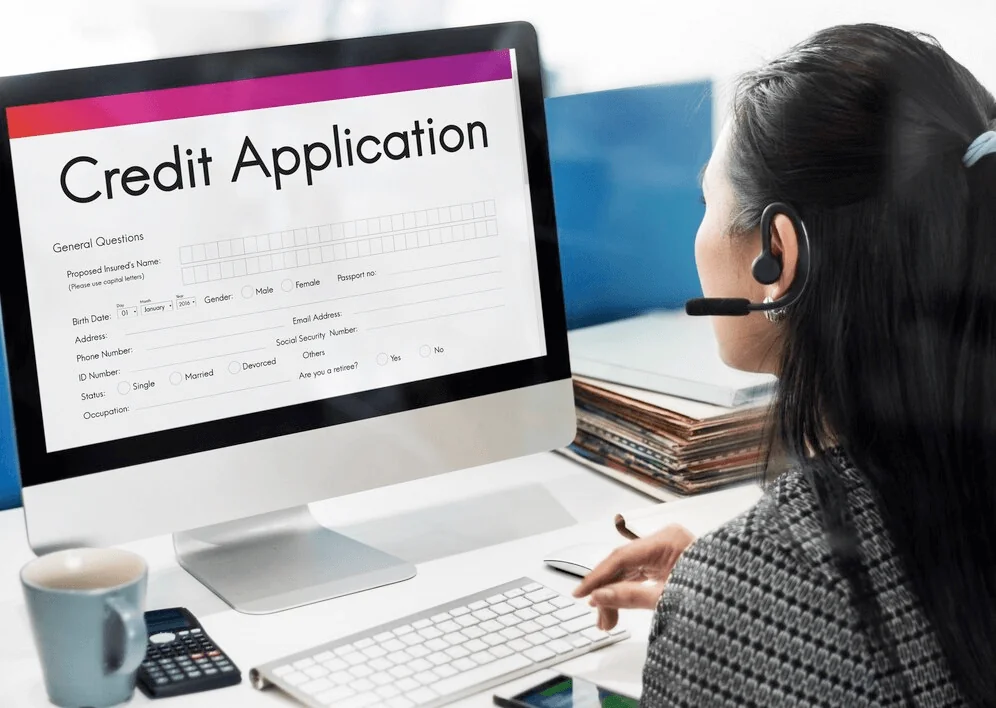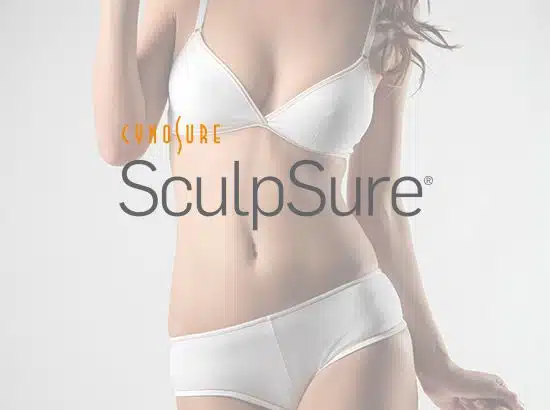Rhinoplasty Recovery Guideline
The recovery after any major surgery is usually a cause for concern among patients. People prefer to know what to expect so that they can be prepared for it. The rhinoplasty recovery experience is based on patient health, ability to heal, surgical technique, and the surgeon. While there is some variability, the following guideline will help you understand what to expect during your recovery after rhinoplasty.
How Surgical Technique Affects the Recovery
The surgical technique during a rhinoplasty is a critical influencing factor for recovery. For example, an open rhinoplasty, which usually makes more adjustments to the nasal tissues than a closed rhinoplasty, may result in more postoperative swelling or a longer recovery. Patients who require the breaking of nasal bones, significant tip work, and/or extensive tissue dissection or elevation may also expect a longer recovery with increased swelling, soreness, and bruising. Surprisingly, rhinoplasty surgery is typically minimally to non-painful. Knowing as much as possible about the details of the surgical technique that your surgeon will use during your rhinoplasty will help you better prepare for your recovery.
What to Expect During Recovery
Splint and Packing
Immediately after rhinoplasty, a splint will be applied to help your nose maintain its new shape through the healing process. Soft splints or nasal packing may also be placed inside the nose to stabilize the internal nasal structures. Nasal packing, if inserted, is removed within a few days after surgery.
Aching/Discomfort
A dull headache or aching in the nose can be common for the first few days after the procedure. Pain is not usually significant, and most patients only need pain medications for a day or two (if at all). Severe pain is rare; should you feel severe pain, consult your surgeon right away as you may have an infection or other concern that needs immediate attention.
Puffiness/Congestion
A feeling of puffiness or congestion can persist for the first few days after surgery. This puffiness is caused by swelling inside the nose and will temporarily inhibit your sense of smell. Noticeable nasal congestion may persist for several weeks, but it should begin to ease within a few days after the procedure.
Numbness
After rhinoplasty, your nose may feel slightly numb, especially in the tip. Certain facial expressions may feel strange or unusual, but this is only temporary. As the numbness wears off over the following weeks and months, your nose will begin to feel normal again.
Nasal Breathing
If you underwent correction of a deviated septum as a part of your rhinoplasty surgery, you might notice an improvement in nasal breathing shortly after the procedure. As the swelling subsides, this will improve even more noticeably. Patients who did not have major breathing difficulties before the procedure may be more bothered by the initial congestion. As congestion subsides, you will be able to breathe more clearly through your nose.
Bruising
Bruising is also common during the first week of recovery after rhinoplasty. These bruises may spread across your cheeks. The degree of bruising can vary but is usually minor to moderate. Some of the factors that influence bruising include surgical technique, age, medications, skin thickness, and bleeding disorders. You can minimize postoperative bruising by avoiding blood thinners (such as ibuprofen or aspirin) for at least two weeks before surgery and continuing to avoid them until your surgeon has indicated that it is safe to use them again. Bruising will be mostly gone by one week after the surgery.
Swelling
You should expect to experience swelling after your rhinoplasty. Postoperative swelling will temporarily affect your comfort level and congestion and may cause your upper lip to feel stiff for a few weeks. Much of the swelling will go away within three weeks after the surgery and will continue to subside. By six weeks after surgery, the majority of swelling will dissipate, but minor swelling can take up to a year to fully resolve.
Things to Do
Be sure to follow your surgeon’s post-operative instructions during your recovery. Take all medications as instructed, and keep your head elevated after your surgery to reduce congestion and swelling. Use cool compresses for the first two days to reduce swelling and bruising. Use a saline spray as instructed by your surgeon to help with any dryness or nasal crusting. Get lots of rest, eat well, and engage in light activities such as walking to promote healthy healing.
Things to Avoid
During the first few weeks after your rhinoplasty, take care to avoid excessively dry environments. You may need to use a humidifier if you live in a dry climate. Avoid nasal irritants and allergens. It is also important to avoid blowing your nose after rhinoplasty until your surgeon has given you permission to do so. Bending over is not recommended for at least three weeks, as this can increase swelling and aching. Avoid exercise for the allotted timeline of four to six weeks, and avoid activities that will be likely to injure or damage your nose. All the same, there is no need to be overly cautious and avoid touching your nose entirely.
Rhinoplasty Timelines
The first few days are the toughest after rhinoplasty. By day three or four after surgery, you will likely be feeling on the mend. You may be able to return to work within a week after your surgery, at which point you will likely feel more socially presentable. You can apply facial makeup at this point. After two weeks, most people will not be able to immediately tell that you underwent nose surgery.
Limit your physical activity for a full four to six weeks. If you have any major social events such as a wedding in the future, schedule your rhinoplasty at least a few months beforehand to allow plenty of time for healing and for swelling to subside. Lastly, remember that internal swelling may take up to a full year to resolve, at which point you can finally celebrate your complete rhinoplasty results.
Rhinoplasty can enhance facial harmony and improve the appearance of the nose. If you have any more questions about rhinoplasty recovery, contact Dr. Benjamin Schlechter for a complimentary, personal consultation. To request your appointment, please call (610) 678-9200 or contact us online today.








